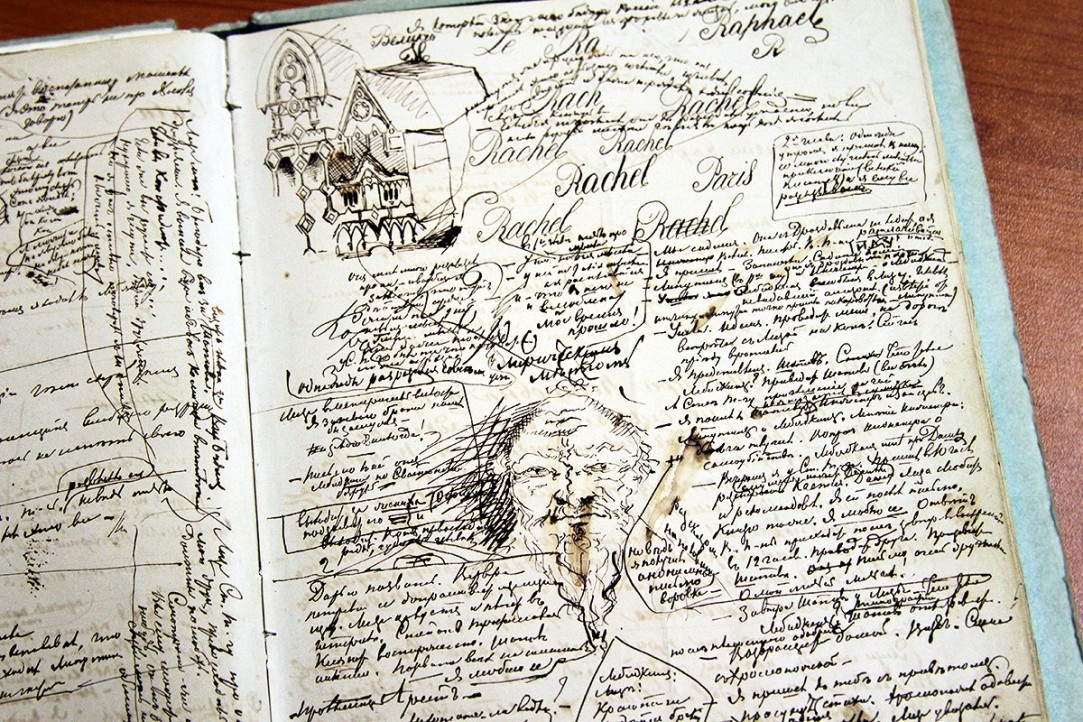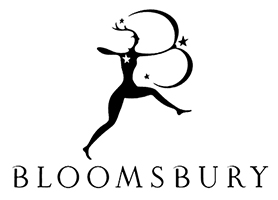
- A
- A
- A
- ABC
- ABC
- ABC
- А
- А
- А
- А
- А
 Lower Tanana Dene Dictionary Paperback
Lower Tanana Dene Dictionary Paperback
Kari J., Bergelson M.
Fairbanks: Alaska Native Language Center, 2024.
Samoylov I., Bolgina T., Lonshakov G. et al.
Psychophysiology. 2025. Vol. 62. No. 11.
In bk.: A Danubio ad Gothiam. La christianisation du nord-ouest de la mer Noire dans l’Antiquité tardive – The Christianization of the North-Western Black Sea during Late Antiquity. Turnhout: Brepols Publishers, 2025. P. 37-42.
Kuznetsov Egor.
Linguistics. WP BRP. НИУ ВШЭ, 2023. No. 113.
The School of Philological Studies was founded on September 1, 2020, following the merger of two schools at HSE University’s Faculty of Humanities—the School of Literary History and Theory and the School of General and Applied Philology.
The curriculum for fundamental philological education was developed at HSE University for the Faculty of Philology, which was initially launched in 2011. In 2015, as part HSE University’s restructuring, the School of Philology was formed under the auspices of the Faculty of Humanities. Later, the school was spun off into the School of Literary History and the School of General and Applied Philology, respectively.
The new School of Philological Studies is home to a unique team of research and teaching staff, who teach on the Bachelor’s programme in Philology and various Master's programmes, including Russian and Comparative Literature, Creative Writing, Language Policy in the Context of Ethnocultural Diversity, Cultural and Intellectual History: Between East and West, and Contemporary Philology in Literature Instruction at Secondary Schools.
The School of Philological Studies is transforming in line with HSE University’s development programme so as to find the best balance between teaching and research in its aim to grow as a ‘project university’.
- All news
- Admissions
- Education
- Research & Expertise
- Society
- Community
- On Campus
- Other





















- About
- About
- Key Figures & Facts
- Sustainability at HSE University
- Faculties & Departments
- International Partnerships
- Faculty & Staff
- HSE Buildings
- HSE University for Persons with Disabilities
- Public Enquiries
- Studies
- Admissions
- Programme Catalogue
- Undergraduate
- Graduate
- Exchange Programmes
- Summer Schools
- Semester in Moscow
- Business Internship
- © HSE University 1993–2026 Contacts Copyright Privacy Policy Site Map
- Edit